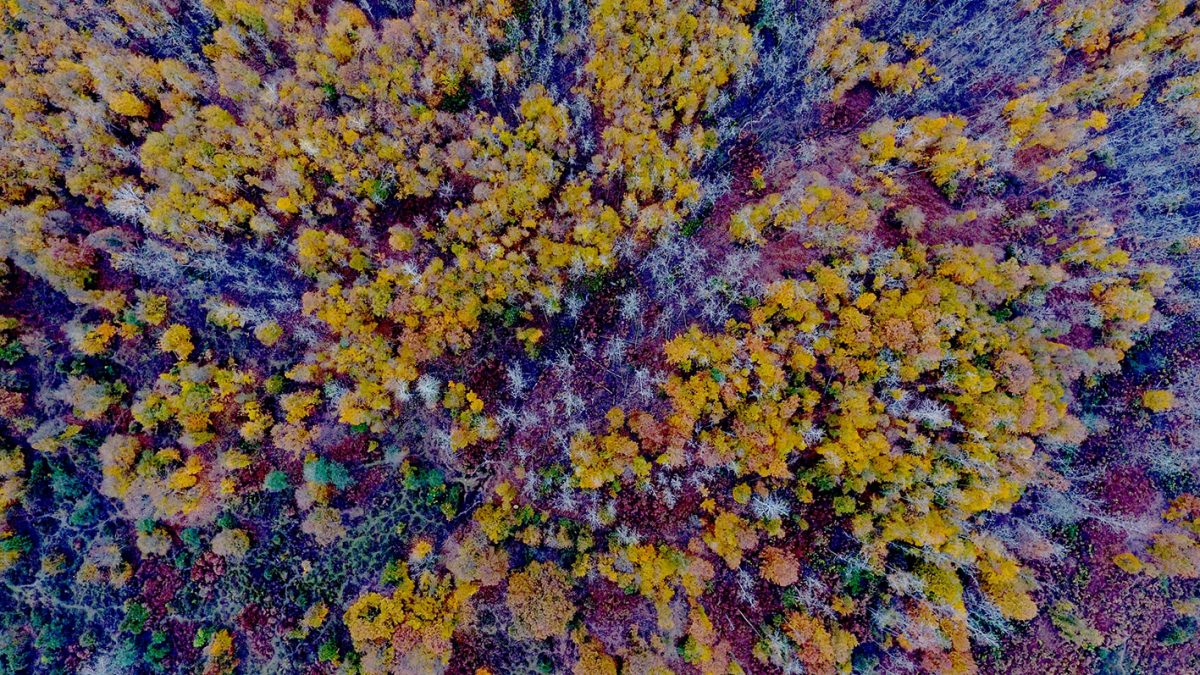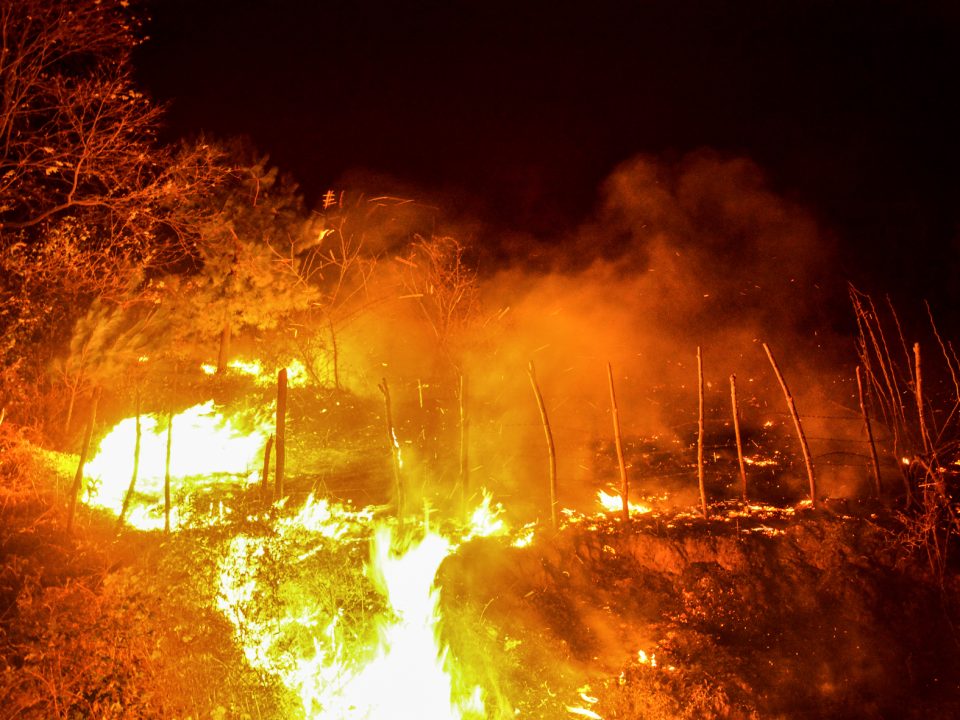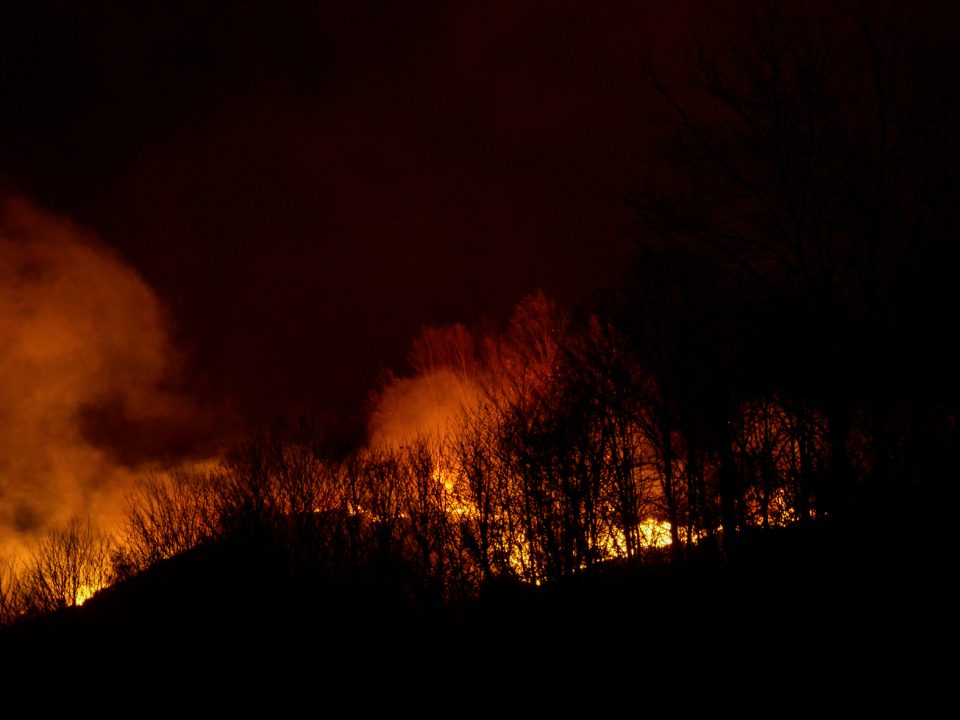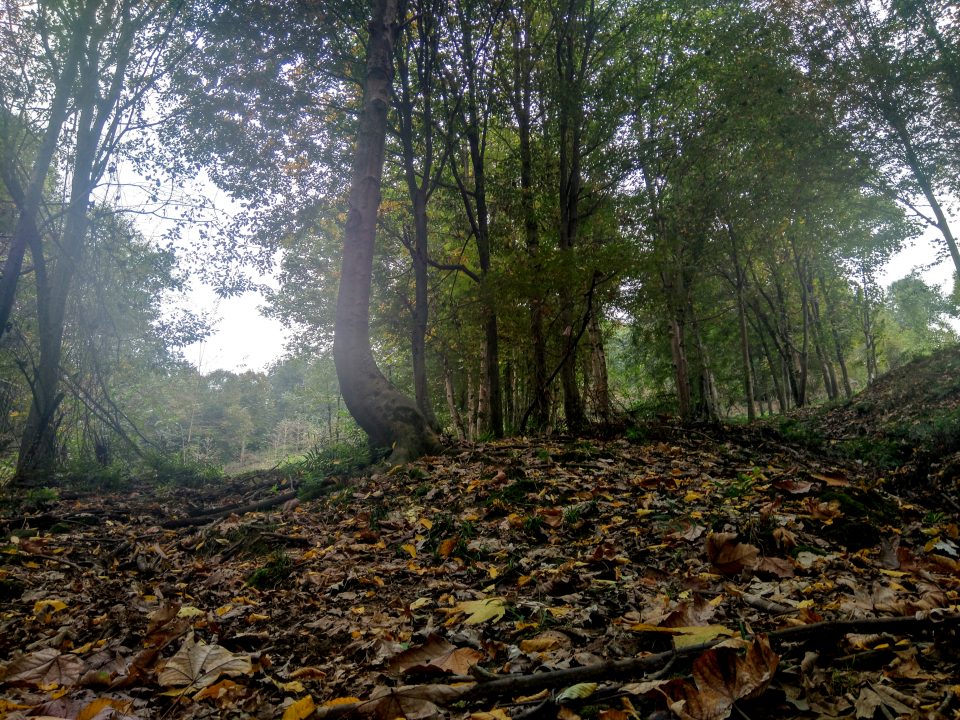We are the founders of the forest (Bani Jungle)

Hyrcanian forests breathe in “Lishak”, a village on Siahkal in Guilan province
مارس 30, 2021
Activities and costs of the “Bani Jungle” project for housing of seedling
آوریل 17, 2021There have been floods in the northern provinces. The southern provinces became involved in the dust. Global warming has melted the polar ice caps! The news is too short, but there are many casualties and financial losses. Think about horrible news, we intentionally or unintentionally harm nature and nature compensate for that.
The formation of the project “Bani Jungle”
About two decades ago, we started working, we hoped to be able to lift the burden of the environment one day. The first days, we had plans for planting the seedling. Up to now, we constantly run projects every year to finally accomplish. Two years ago we thought the project is a thing more than an annual need.
Before that, during the years we repeatedly tried to create a partnership with “the natural resources”. We tried to catch the land for planting seedlings for a long-term project. Now why long term?
Because a small number of saplings planted by Natural resources or contractors grew into a tree. The fate of seedlings was important for us and would have liked to have more trees in the future. we started this project two years ago seriously and named it: ” Trees for the future.”
Everything was as usual, but despite our sensitivity, a good result wasn’t achieved. It was as if part of the process was flawed.
We reviewed the whole process and concluded that the process requires integrated management to monitor the planting of seedlings until they become trees.
For example, one of the results was that if planting seedlings for linear with similar type, resistance was against pests will be small. In the case of planting seedlings of various ages and height and … is pest resistance is much higher than past.
In 1397, we gathered our experiences. we conclusion that zero to one hundred planting seedlings and keeping it up to become a tree must be with the management and the direct supervision of our team. In 1399, based on this conclusion and the outcome of consultation with masters and environment experts, this project formed. we call this project “Bani Jungle”.
why “Bani Jungle” is important?
Project “Bani Jungle” is planed based on the SFN program (Sustainable Forest Management). The project “Bani Jungle” is about the ecological, economic, and social considered forest. This process perpetuates the production of forest products and services without sacrificing the intrinsic value and without adverse effect on the physical and social environments of the forest and future generations guarantee can be.
The forest is a national fixed asset, that is, it supports the economy and the long-term interests of Iranians, including the present and future generations. These resources are known as renewable resources and are facing crises all over the world. Part of destructive factors, related to development in the Third World or developing countries has intensified. In Iran average effects of climate change is twice the global average. For example, the increase in heat in the world was 1 degree and in our country was 2.3 degrees. Deforestation caused extensive erosion and flooding has increased. Currently, examples of desertification are evident in Guilan. Many programs have been implemented to prevent and repair this damage. “Bani Jungle” project is one of them.
Reasons for the importance of participating in the “Bani Jungle” project
In such projects, issues such as awareness, education, and promotion of environmentally friendly methods in the region, etc should be considered. But unlike this project, it is
The Jungle Project believes that all creatures have the right to life and has certain criteria that we will explain below.
You know that the forest helps to improve the climate and is also effective in soil fertility by shedding leaves and prevents water from being wasted. It is interesting to know that in the world, agriculture near forests has fewer pests.
Project criteria “Bani Jungle”
Project criteria “Bani Jungle” is as follows:
– Expansion of forest level
– Achieving the primary criteria of sustainability
– the preservation and promotion of indicators of biodiversity conservation
– Ecological functions such as soil protection, production, and regulation of water cycle and regulation of gas cycle, etc.
– Production functions such as wood harvesting
– Non-productive functions such as recreation
– Good health and life Quality
– Social-economic function and structure and rules and regulations
The prospect of project monitoring forest.
Iran Ecological Regions are 5 areas as follows:
- Hyrcanian Region: Hyrcanian region is located in the northern part of Alborz and the southern part of the Caspian Sea. These forests form a rather narrow green belt bordering the northern part of the Alborz Mountains and extend from Astara in the west of Guilan Province to Giledaghi in the east of Golestan province.
- The Iran-o-Touranian Region: The region is recognized as the vast vegetation region of the country that covers an area of about 4666941 ha. It is located on the central plateau of Iran. The region is divided into two sub-regions including a mountainous region with a cold climate and a low land section with a dry climate based on topography and altitude from the sea level.
- The Arasbarani Region: The region covers an area of about 174838 ha and is located in the northeast of East Azerbaijan province in the watershed basin of the Aras River. The area’s sub-humid. Arasbaran is characterized by unique and rear plant species and thus has been registered in UNESCO’s biosphere reserves.
- The Zagros Region: The Zagros Mountains extend from the northwest border (south of Ararat Mountains) up to the Straits of Hormoz alongside Hassan Longi River in the west of Minab. This mountain range covers the west side of the country parallel to the western border and therefore is under the direct impact of the sub-humid climate from the Black Sea and the Mediterranean Sea in the form of precipitation and thus creates a suitable condition for forestation.
- The Persian Gulf and Oman Sea Region: This region extends as a narrow strip to the southern part of Iran passing through Khouzestan, Bushehr, Hormozgan, and Sistan & Balouchistan provinces that cover an area of about 2039963 ha. The mean annual precipitation ranges between 100-250 mm, generally increasing from east to west, whereas annual humidity increases from west to east. Ecological differences and variations have divided the region into the Persian Gulf and Omanian regions.
The overall thrust of the project “Bani Jungle” Rehabilitation and reconstruction 5 Ecological Regions partnership with local people and corporate social responsibility that contributes to the creation of a Pattern. In the first phase of the project, “Bani Jungle” 75 thousand saplings will plant. it will be extended after that for 300 thousand saplings over the next 4 Ecological Regions.




